Bigger
Broader
Bolder
innovationCircular Innovation Council believes solutions for greater resource efficiency and environmental protection is to advance the circular economy, which decouples economic activity from production and consumption of finite resources. We are inclusive and collaborative among supply and value chains; and seek to advance circular business models, products, and services that deliver redefined values to equate social, environmental, and economic benefit. Throughout our history we have played a lead role in uniting stakeholders across entire value and supply chains, and utilize expertise and experience of our diverse membership. We leverage collaborative efforts to fully understand priority and realize potential. In doing so we are strategically positioned as a resource organization that all actors can use to develop and implement their strategies.
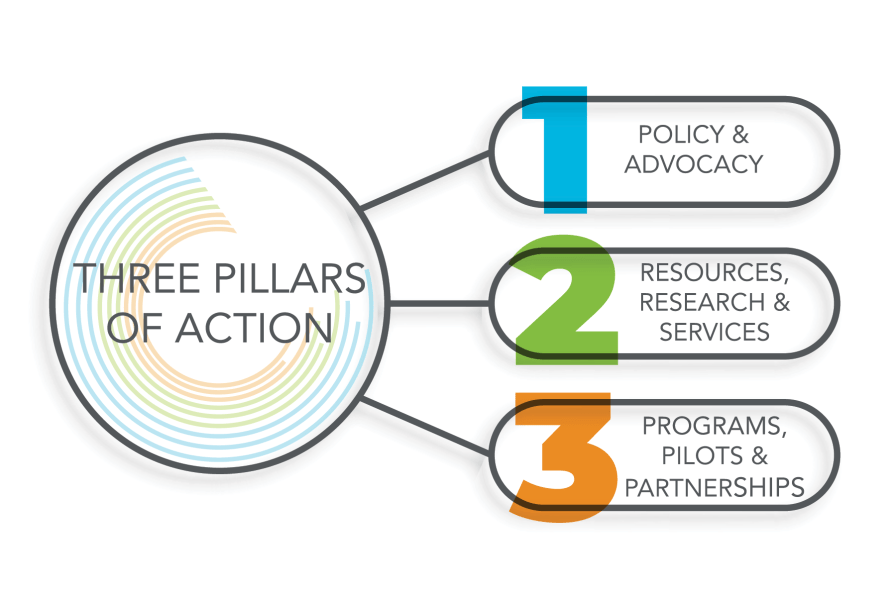
To advance our mandate, our work is driven by three main pillars: policy & advocacy; resources, research & services; programs, pilots & partnerships. Through partnerships and collaboration with various types of organizations we are able to showcase our innovation by putting circular economy concepts into action.
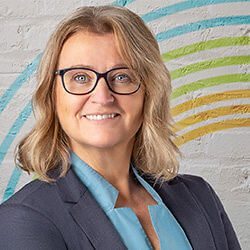
JoAnne@CircularInnovation.ca

Shannon@CircularInnovation.ca

katie@CircularInnovation.ca

Andrew@CircularInnovation.ca

shirley@CircularInnovation.ca

Caitlin@CircularInnovation.ca
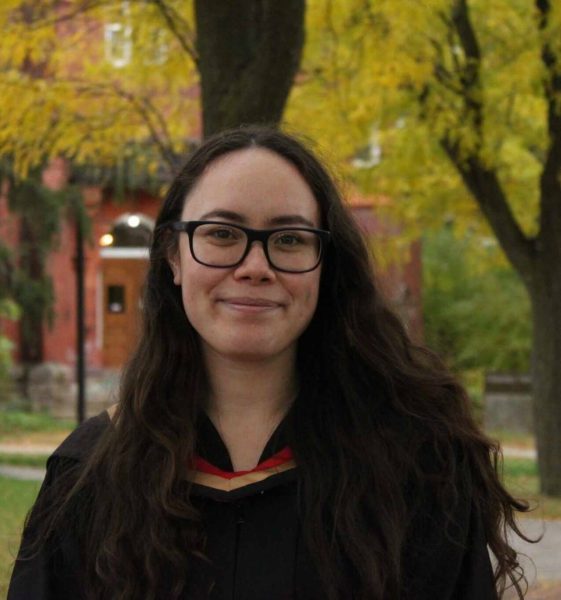
Alicia@CircularInnovation.ca

Maggie@CircularInnovation.ca

Alexia@CircularInnovation.ca

Omer@CircularInnovation.ca

Director, Environment & Business Excellence Standards
CSA Group

Independent Sustainability Professional

Professor
University of Ottawa

Managing Director Carton Council of Canada

EVP, Americas
RLG Systems Canada Inc.
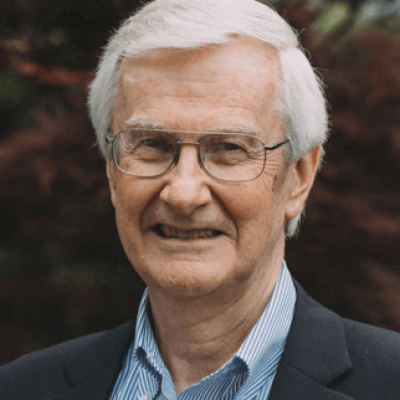
Proprietor
Sustainability Advantage

Executive Lead, North America, Ellen MacArthur Foundation

Planning Advisor, City of Montréal’s Environment Department

Vice President of Sustainability & Stakeholder Relations, ABCRC

Chief Operating & Sustainability Office, Goodwill Industries

Senior Director of the Reduction, Reuse & Ecocentres Divison, Tricentris
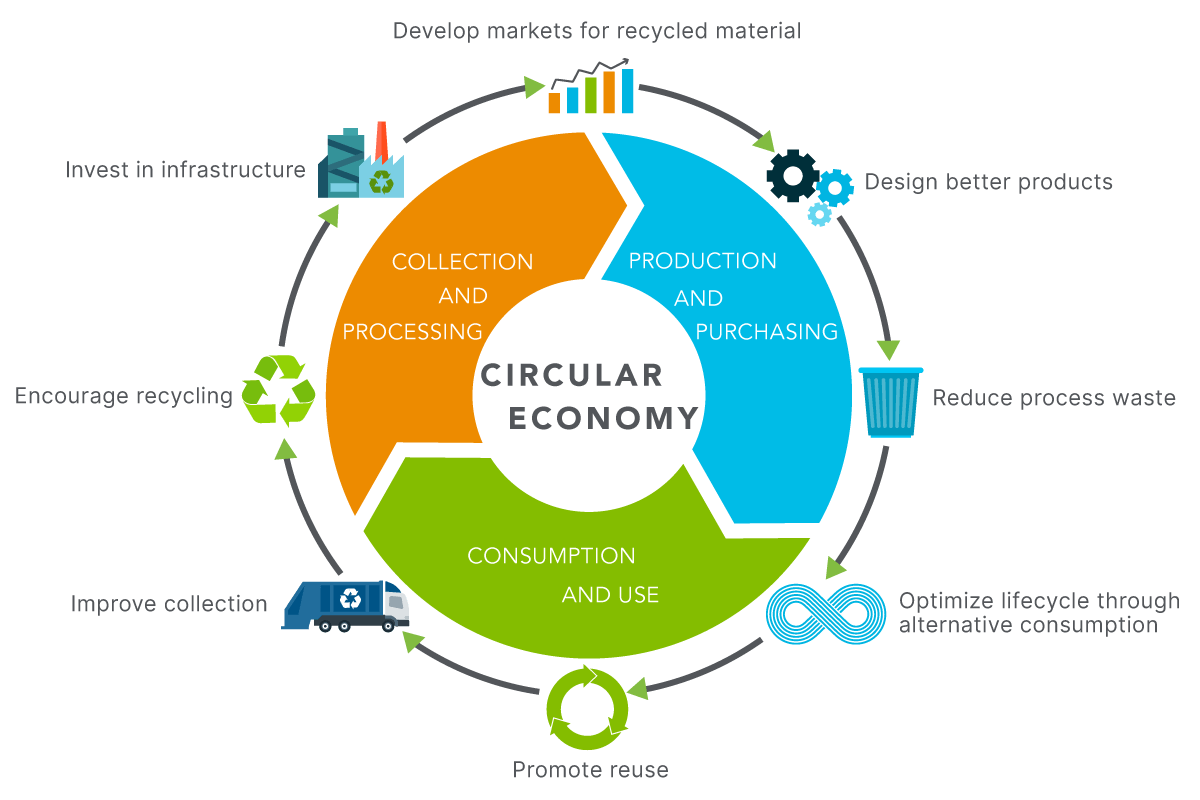

We believe that the cost of goods and services should be determined according to the principles of full cost accounting. Full cost accounting means that goods and services are priced to include their true environmental costs from all phases of production, transportation, distribution, use, reuse, recycling, composting and disposal.

We believe that responsibility for minimizing environmental and economic impacts must be shared by all parties that benefit from and/or impact on the production, distribution, use, and/or disposal of products and packaging or delivery of services. In sharing responsibility, the parties should have the authority and ability to influence those policies and practices that affect them.

We believe that governments should intervene using regulatory and/or legislative mechanisms where voluntary initiatives are not in place or fail to adequately protect the environment.

We support non-regulatory environmental protection and remediation initiatives implemented on a voluntary basis providing there are mechanisms to monitor performance and that there are consequences for non participants and/or failure to meet established performance standards.

We believe that government(s) should support environmental policies and practices that ensure equitable participation through the introduction of incentives, disincentives or if necessary, regulations.

We believe that financial incentives / economic instruments should be used to encourage the development and implementation of environmentally sound programs and practices. Moneys generated through these instruments should be used to support such programs and practices.

We believe that federal / provincial / municipal environmental policies and programs should be harmonized where possible and practical. Any harmonized approach should meet or exceed the highest environmental protection standards currently in use.

We believe that participants in both voluntary and regulatory environmental programs and practices should be continually monitored and held accountable for meeting established goals, targets or standards. Monitoring data and analyses should be publicly available.

We believe that stakeholders should be adequately informed and educated as to their respective roles and responsibilities in environmental programs and the results and effectiveness of their participation in these programs.

We believe that all stakeholders should have the opportunity to participate in the development of environmental policies and the monitoring of environmental programs and practices. RCO believes that adequate resources should be made available to ensure such participation.

We believe that environmental policies and practices should promote the highest levels of efficiency and effectiveness through the use of ‘Best Available Technology’ and benchmarking.
As the Circular Innovation Council we leverage our history to advance waste elimination and strengthening its connection to low-carbon production and consumption.
Our transition to Circular Innovation Council also provides exciting and timely opportunity to expand our focus beyond end of life and waste issues to a broader mandate that promotes circular production and consumption models designed to reflect the true value of resources.
Through the long-standing support of Members, we make far reaching and meaningful impacts to reduce waste, and through collaboration we can work together to inspire greater sustainability across Canada and put circular economy concepts into action.
Sign up for periodic updates of our activities and circular innovations happening across Canada and around the world.
We respectfully acknowledge that we live, work and play on the traditional territory of many Indigenous Nations and we humbly extend our respect to Indigenous individuals, communities and Elders, past and present, as the traditional custodians of this land.
Circular Innovation Council is a registered charity.
Charity Registration Number: 119112118 RR 0001
In the 1980s, we began to host conferences and seminars to discuss a wide range of recycling issues from technology and subsidies for recyclers, to government policies and public education. RCO had an active role in the development and introduction of a test Blue Box program in Kitchener, Ontario in 1981. At a United Nations dinner during the 1989 Our World Summit on the Environment in Toronto, the United Nations Environment Program presented an Environmental Leadership award to RCO for our contribution and leadership with the Blue Box program.
In the late 1990s, RCO was appointed by the Ontario Ministry of the Environment to lead the Roles and Responsibilities forum facilitating discussions between industry and municipalities. These discussions led to the adoption of Ontario’s first stewardship legislation, the Waste Diversion Act, which required brand owners to be responsible, physically or financially, for the end-of-life management of their products and packaging.
Throughout the 2000s RCO continued to be an active stakeholder in waste reduction and recycling across Ontario and beyond: we took a lead role organizing and leading annual Waste Reduction Week in Canada campaign that debuted in 2001; designed Canada’s first procurement-based extended producer responsibility program for fluorescent lights as Take Back the Light in 2008; developed Canada’s only waste certification program for the Industrial, Commercial, and Institutional sector in 3RCertified in 2011.
In 2020, we rebranded to Circular Innovation Council, and continue to develop programs and pilots to advance the circular economy in communities across Canada through our actions.
The circular economy re-engages consumption and production beyond the linear model by decoupling economic growth from resource use. Circularity has the ability to improve the value of natural resources, reduce carbon emissions, and eliminate waste. It encourages innovation in product design and business delivery systems. Transitioning to a circular economy doesn’t balance economic, environmental, and social priorities in isolation: it delivers them simultaneously.
We invite you to join us as a Member to advance circular economic outcomes in communities across Canada, and help us redefine value by adopting circular economy business models that remake how we produce and consume products and services.